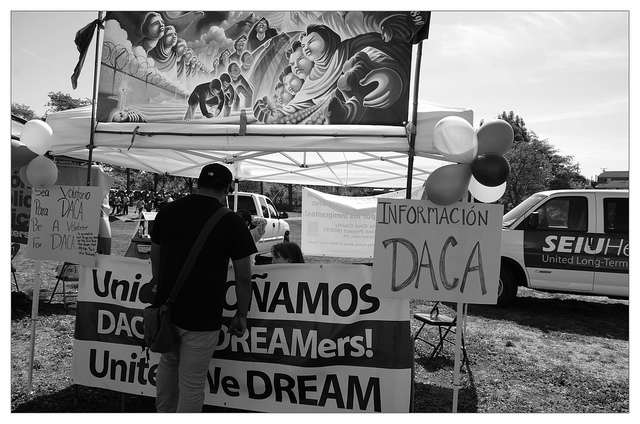In this post, we discuss the top five reasons applicants are denied at their citizenship interview.
First let’s go over some basics:
In order to become a United States Citizen, you must meet the following general requirements at the time of filing your N-400 Application for Naturalization:
You must be:
- A lawful permanent resident
- At least 18 years of age
- Maintained continuous residence in the United States since becoming a permanent resident
- Be physically present in the United States
- Have certain time living within the jurisdiction of a USCIS office
- Be a person of Good Moral Character
- Have Knowledge of English and U.S. Civics with some exceptions outlined below
- Declare loyalty to the U.S. Constitution
As part of the citizenship interview, applicants must pass a civics and English test in order to receive United States Citizenship. The Civics test is an oral examination provided in the format of Question and Answer by an immigration officer in which the officer tests your knowledge of United States history and government. During the Citizenship interview, the USCIS officer asks the applicant up to 10 out of 100 civics questions provided by USCIS on their website as part of the study material for the examination. Applicants must answer 6 out of 10 questions correctly to pass the civics portion of the naturalization test.
 Visa Lawyer Blog
Visa Lawyer Blog











